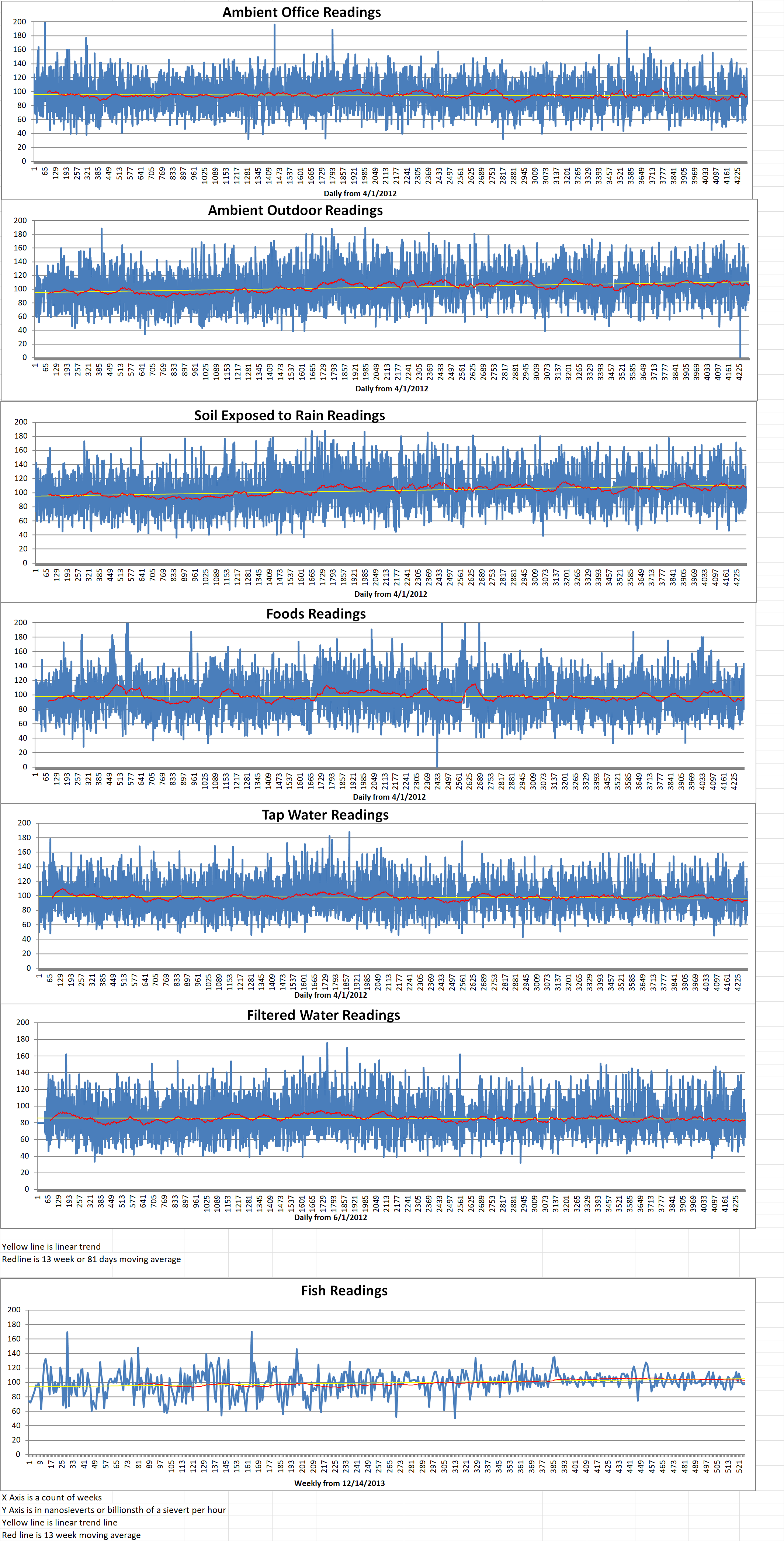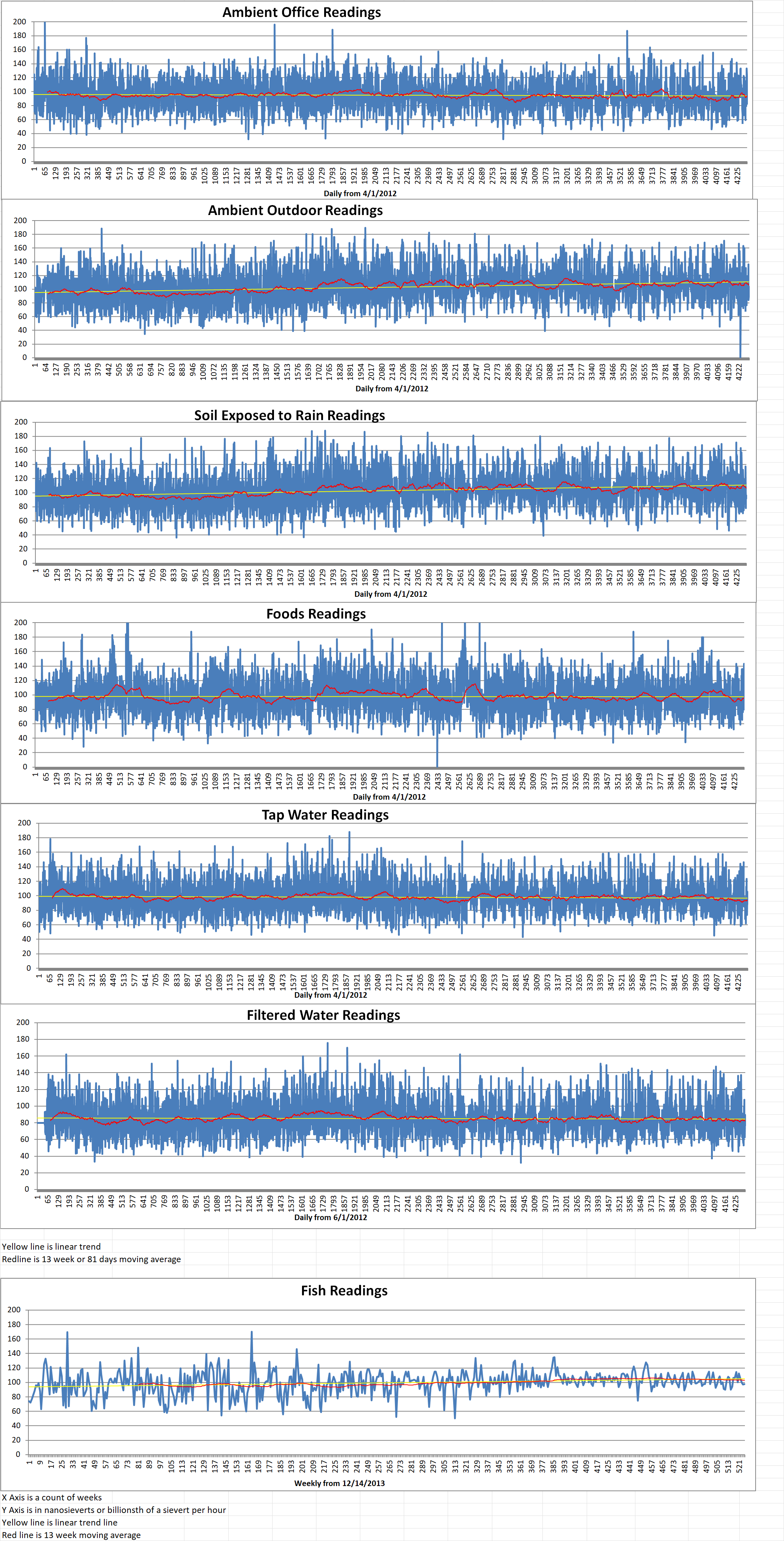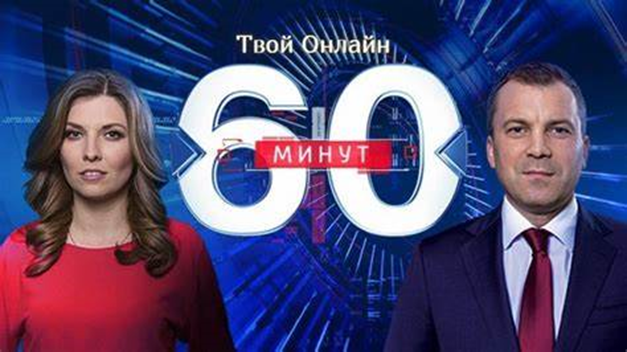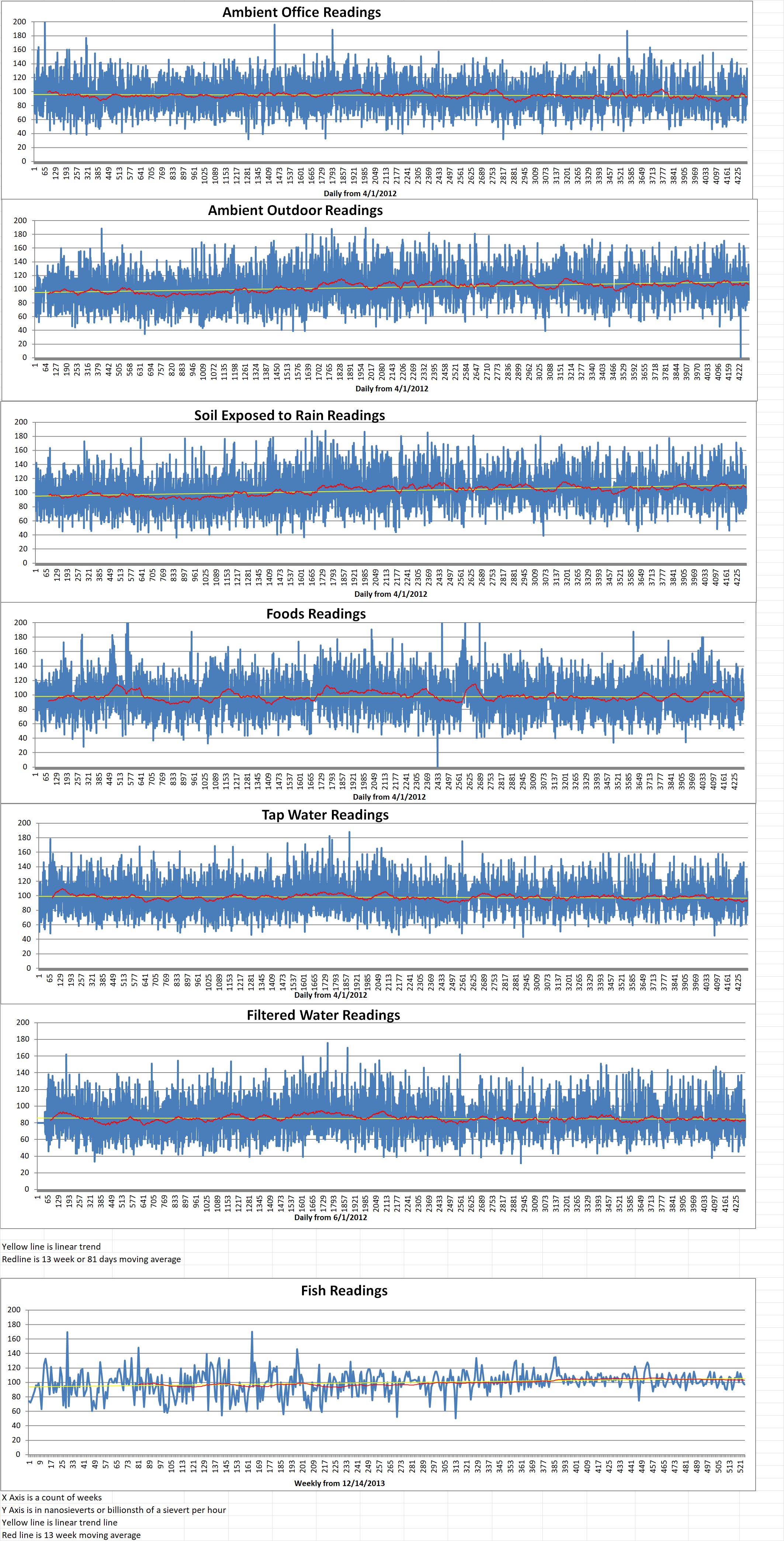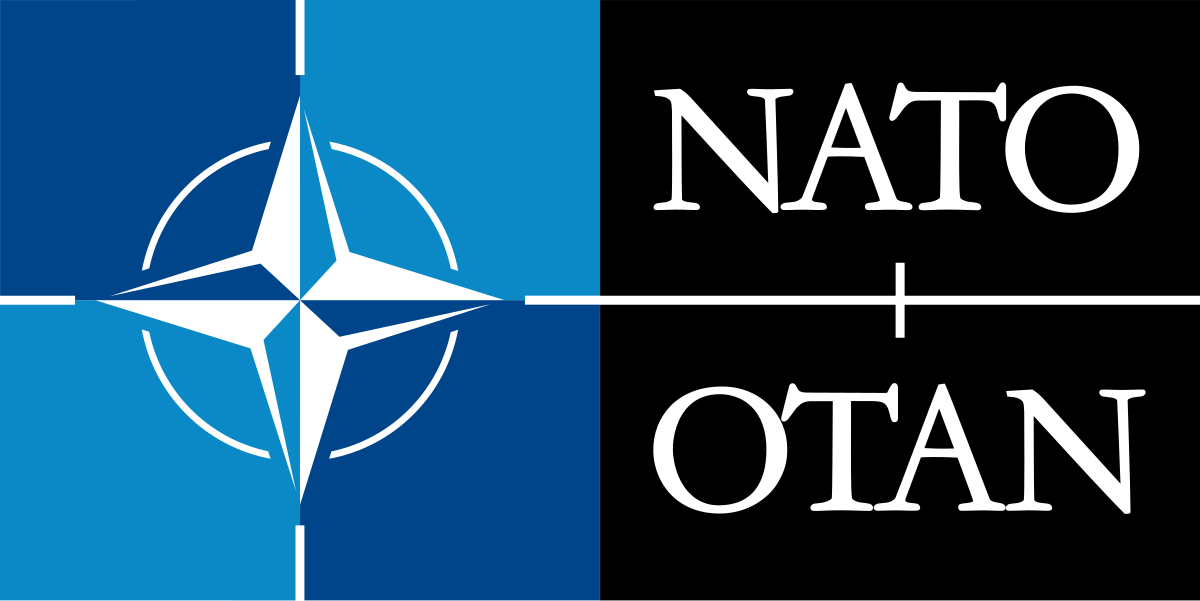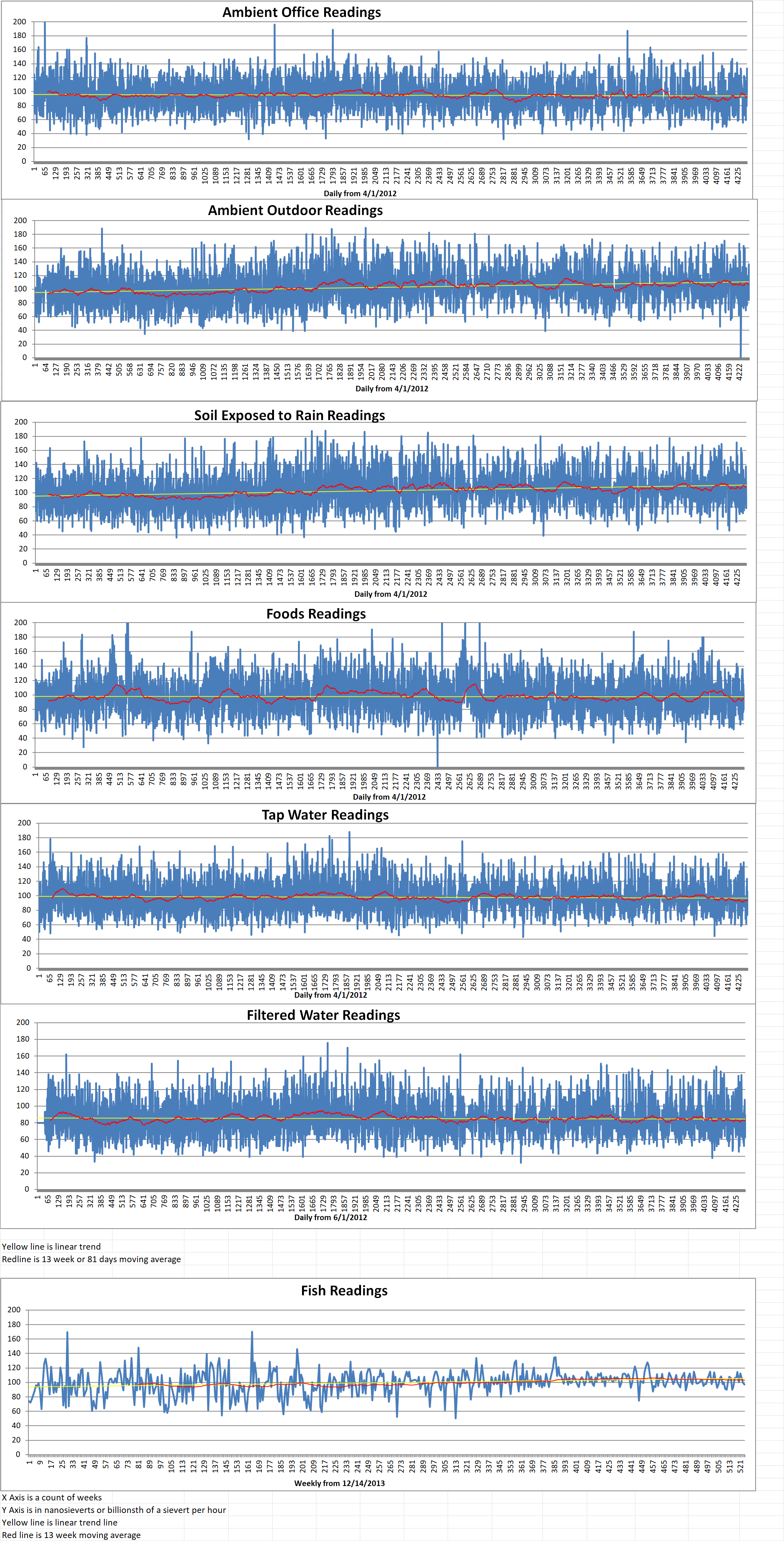Igor Korotchenko is a Russian military expert. He recently suggested on state-owned TV that the Kremlin plans to attack U.S. ships with nuclear weapons.
Late last month, U.S. officials revealed that President Joe Biden has since allowed Ukraine to use American-made weapons to fight against Russia’s attacks or planned attacks in the Kharkiv region. The U.S. weapons are only allowed to be used to defend Kharkiv, Ukraine’s second-largest city. Kyiv is not to use American-provided long-range missiles.
Korotchenko recently said on state-owned TV that “In my opinion, there is only one adequate, fast and effective response to the increased strikes against the territory of the Russian Federation with American long-range weapons, since Biden and [U.S. national security adviser Jake] Sullivan have given the green light and Ukraine’s Armed Forces will carry it out: total destruction of all electrical generation in Ukraine.”
Korotchenko then mentioned that Russian warships conducted drills in the Atlantic Ocean on their way to Cuba, as reported by the Russian Defense Ministry. The Russian ministry said that a Russian navy ship and Moscow’s Kazan nuclear-powered submarine conducted the exercise to simulate a missile strike on a fleet of enemy ships.
The Russian warships are scheduled to be in Havana from Wednesday until this upcoming Monday. This was announced by the Cuban Foreign Ministry. The Cuban ministry said that none of the warships are carrying nuclear weapons.” They claimed that the warships do “not represent a threat to the region.” Cuban officials called their relations with Russia “historically friendly.”
Korotchenko said, “Now, about the arrival of our ships and submarines to Cuba, it was officially stated that the Kazan is the only sub that came there, as part of a naval group of warships of the Northern Fleet. In reality, we can guess that Kazan wasn’t the only one, but there were a few Russian multipurpose nuclear subs in different parts of the Atlantic Ocean, carrying out their tasks.”
Korotchenko continued, “These tasks are clear: countering American aircraft carrier strike groups. Of course, if a strike is carried out, as it was stated, several hundred kilometers away, against an American aircraft carrier strike group, this strike would be done with special ordnance for maximum effectiveness, speed and reliability.”
Evgeny Popov is a Russian-State TV host. He chimed in, “Special ordnance means nuclear weapons.” The host of the 60 Minut show is Olga Skabeyeva. She added, “Is this the new terminology so we don’t scare people?…Friends, this is not a nuclear war, but a special war!”
On Wednesday of this week, Pentagon press secretary Sabrina Singh said of the Russian warships in Cuba, “We’ve been tracking the Russians’ plans for this. This is not a surprise. We’re always, constantly going to monitor any foreign vessels operating near U.S. territorial waters. We of course take it seriously, but these exercises don’t pose a threat to the United States.”
Earlier on the Russian TV show, Popov accused the U.S. of illegally occupying Guantanamo Bay in Cuba. In reality, Cuba has been leasing a naval base in Guantanamo Bay to the U.S. since 1903.
Popov said, “We again remind you: there is an occupied part of Cuba. This territory is called Guantanamo, “They excuse it by saying they rented it for $1 from the Cuban government at one point. We know, these are just fairy tales of the Vienna Woods. This is a real occupation of a sovereign nation! This territory is decent, with good military infrastructure that could be of good use to the Russian Federation for its base or at least logistics facilities.”
In 1934, the cost to rent the Guantanamo base was set at roughly four thousand dollars a year, according to The Washington Post.

